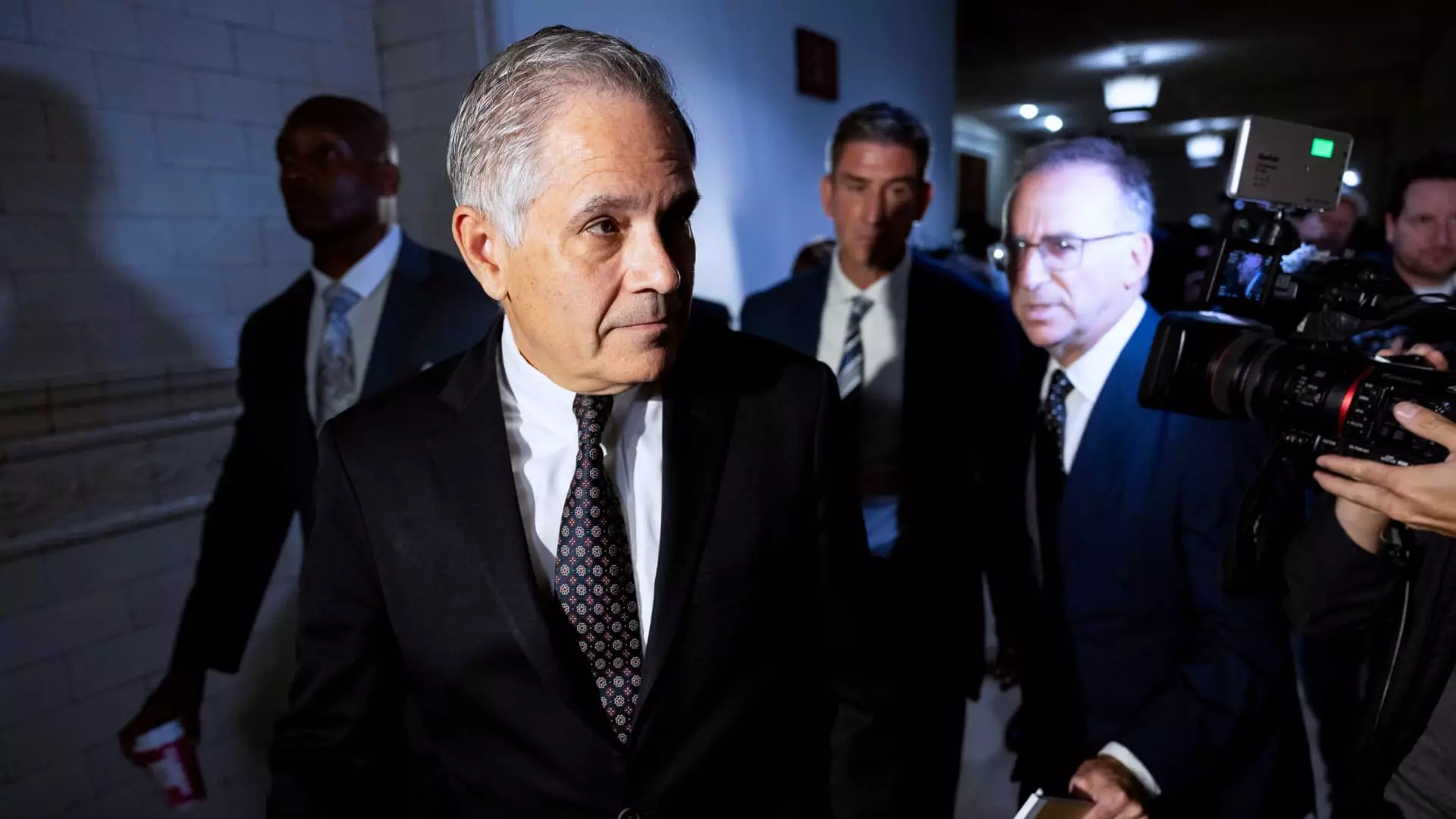The intersection of politics and commerce has frequently sparked controversy, particularly when the actions of influential figures raise questions about legality and ethical conduct. The recent testimony by Philadelphia District Attorney Larry Krasner concerning Elon Musk and his political action committee has ignited a renewed debate over the legality of giveaways purportedly intended to galvanize voter support. This article delves into the complexities surrounding the case, emphasizing the crucial legal and ethical considerations at play.
At the center of the controversy is an assertion by Krasner that Musk’s America PAC is running an “illegal” lottery by giving away substantial cash prizes to registered voters in swing states, including Pennsylvania. The DA’s scrutiny stems from the PAC’s marketing tactics, which promise a $1 million giveaway to participants who engage in signing petitions aimed at supporting the Constitution. Krasner has characterized this promotional effort as a “scam” while highlighting a critical fact: there is no constitutional protection for activities that are inherently fraudulent.
Furthermore, Krasner’s assertion of “guilty knowledge” suggests that Musk and his PAC are aware of the illegality of their actions yet continue to pursue them. Such knowledge complicates the case, as it underlines the potential intent to deceive—a key factor in establishing fraud under the law. Krasner’s position reinforces that one cannot invoke First Amendment rights as a shield for committing unlawful acts, positing that the gains from such activities could potentially undermine electoral integrity.
Krasner’s decision to pursue legal action against Musk directly correlates with concerns over consumer protection laws and lottery regulations within Pennsylvania. His testimony before the Philadelphia County Court exhibits a seasoned understanding of legal frameworks, as he asserts the relevance of these statutes in the context of the current case. Moreover, his commitment to accountability transcends political affiliation, as he emphasized that his Democratic values do not cloud his judgment in pursuing legal recourse against high-profile figures, even those who support opposing candidates.
The DA’s remarks also expose vulnerabilities in the arguments presented by representatives of America PAC. Despite assertions to the contrary, Krasner’s testimony indicates the existence of an ongoing criminal investigation, further suggesting strong evidence against the PAC’s activities. His remarks promote the idea that the law is not only a guideline but a foundational component of democratic society, one that requires upholding electoral fairness.
In stark contrast to Krasner’s claims, Chris Gober, the former treasurer for America PAC, defended the legality of the giveaways during his own testimony. He argued that the initiative does not constitute an illegal lottery because participants are not vying for a singular prize. Instead, Gober posited that the process involves contractual obligations wherein participants would act as spokespeople for the PAC. This argument relies heavily on a redefinition of terms such as “random” and how selections are made.
However, this narrative is challenged not only by the DA’s rigorous cross-examination but by a broader legal interpretation of what constitutes a lottery in many jurisdictions. The notion that a selection process can be labeled as “random” or “by chance” bears significant scrutiny, particularly when the winner is purportedly predetermined—a situation that raises ethical red flags.
The case involving Musk’s America PAC holds significant implications beyond the courtroom. It raises concerns about the influence of wealthy individuals on democratic processes and the means by which they promote political agendas. Moreover, it emphasizes the responsibility of such individuals and their associated organizations to comply with the law, particularly during election cycles when public trust is vital.
Ultimately, this situation serves as a cautionary tale about the complexities involved in political fundraising and the potential legal pitfalls that can arise when the lines between incentive and coercion become blurred. Whether or not Musk’s PAC faces penalties for its alleged infractions remains to be seen, but the bigger picture emphasizes the necessity for transparency and accountability in political campaigns.
As this case develops, it will undoubtedly contribute to ongoing conversations surrounding the ethics of political financing and voter engagement strategies. The critical takeaway is a reminder of the importance of adherence to legal standards in creating systems that respect both democratic principles and consumer protection laws. Whether or not the court brings definitive action against Musk’s America PAC, the discussions ignited by these events will likely resonate far beyond the walls of the courtroom.

